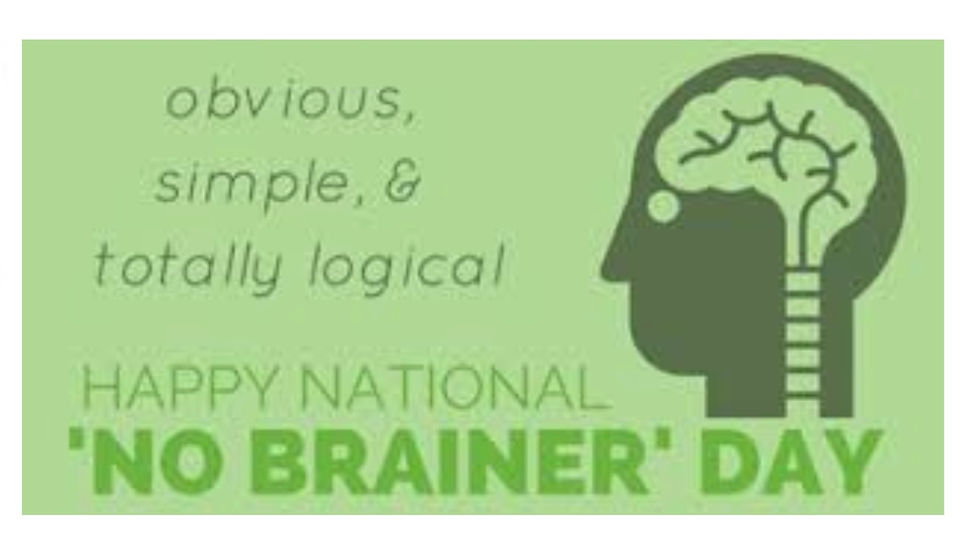This week, I want to talk about a subject that I am passionate about: dyslexia and related learning disabilities. I have studied and worked very hard to be able to give students the tools they need to become more functional and positive. Dyslexia as a whole is a learning disorder characterized by difficulty reading and spelling. It is often unexpected in comparison to the person’s cognitive abilities. Dyslexia does not mean lower intelligence at all, and contrary to popular belief, it does not mean the individual has a visual tracking deficit either. Most individuals with dyslexia have typical levels of vision and intelligence. According to the New Jersey Dyslexia Handbook, there are two subtypes that constitute dyslexia: phonological deficits and fluency/naming speed deficit. Students also might experience a language comprehension deficits, too. The good news is that children with dyslexia can succeed and excel in school, especially with tutoring or a specialized education program. Check out my instagram this week for tips and tricks to help kids with dyslexia succeed!


Also coming this week, check out my #TutorTipTuesday all about the VV syllable! In some words with vowel pairs, each vowel sound heard, so the word has two syllables, as in “neon”, “diet”, and “poet”. A good trick for teaching this type of vowel is to have students clap as they say both syllables. Follow along on Instagram for more fun activities like this! We are gradually moving up in difficulty regarding syllable and vowel types so make sure you’re staying up to date. You can find my previous tips here!
This week’s functional tip is for personal hygiene! As kids grow and become more active, it is important to make sure their hygiene practices mature with them. Last week we talked about the five minute freshen-up, but this week I want to talk more in depth about the whole process. Here are some basics to cover about whole body comprehensive hygiene:

• Regular baths/showers! Teach your kids to take a shower at least once a day, and sometimes two on really active days - before they head out to school and after they come back from sports/playing outside.
• Teach them how to clean the different parts of the body – the hands, armpits, legs, feet, groin, joints, back, belly button, elbows, and knees. Show them how to do it and then let them practice it. Sometimes it helps kids to focus on one side of the body first before moving onto the other.
• Make sure that they use soap for bathing, and pat dry the body after bathing.
• Take extra care when teaching them to clean the face by getting to the ears and the neck, which they may overlook.
• It is important to wash the hair at least twice a week to keep it free from dirt and grease.
• When washing the hair, teach your children to wash the scalp with soap and rinse it thoroughly with clean water.
• PreCovid days: Teach your children never to share personal objects like combs, pillows, and hats, since school children are prone to lice.
• Teach children, when it becomes necessary (around puberty) how and when to apply deodorant.
• Make sure they are brushing twice daily and flossing between meals.

This Saturday is National No Brainer Day! Personal hygiene is a no-brainer for adults, but for children, they need to be taught proper procedure, so make sure that you equip your students with these life skills! Have an awesome week!






Comentarios